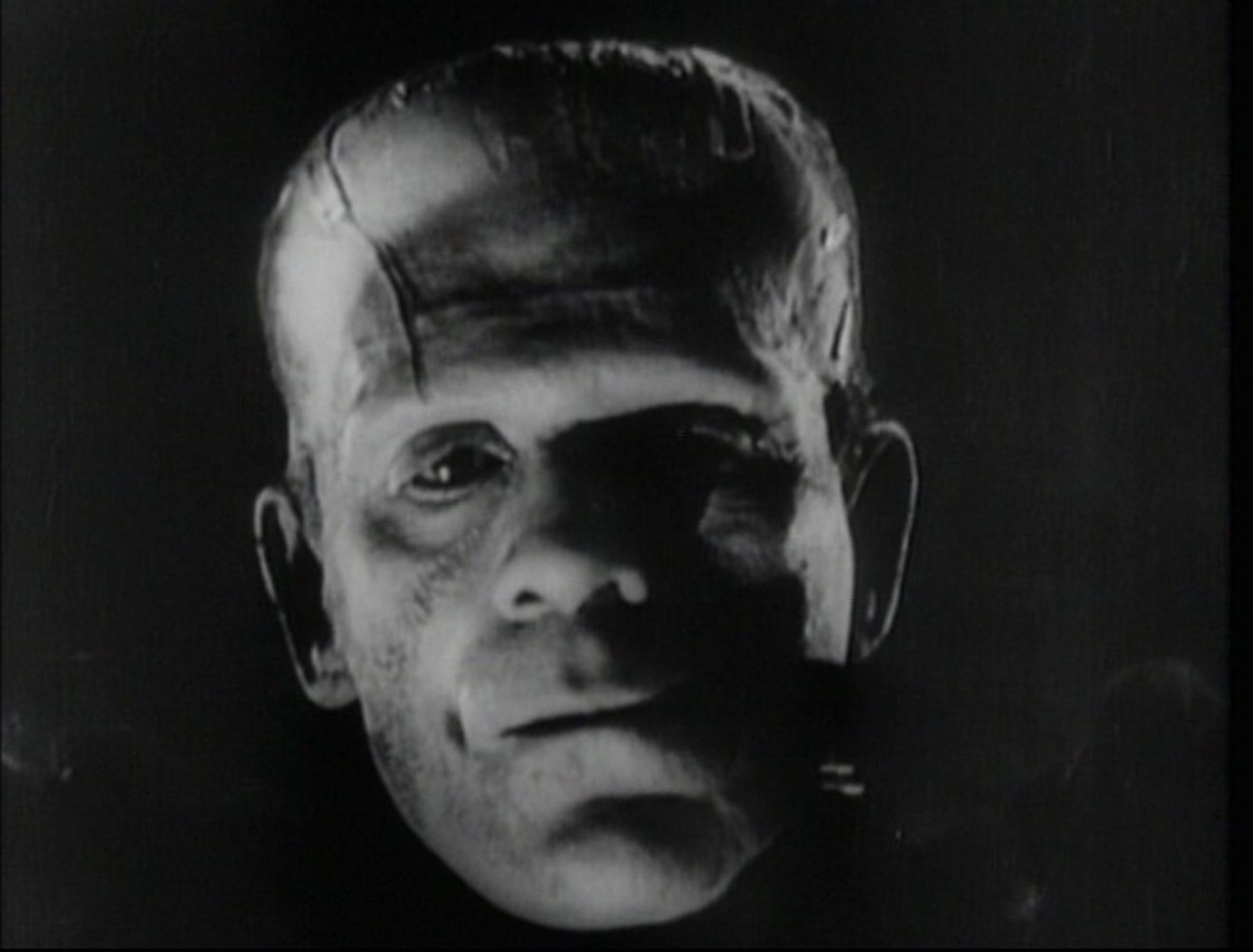You've probably never noticed that the original 1931 Frankenstein film starring horror icon Boris Karloff as Mary Shelley's infamous shambling corpse has no music or score because so many people were gasping and screaming the first time you saw it.
Composer Michael Shapiro said the lack of a soundtrack was done out of necessity. For him, the silence is a blank canvas that's just begging to be painted on by a seasoned composer.
“Frankenstein does not have music," Shapiro says. "The 1931 film was developed prior to studios figuring out how to put on a second soundtrack, which they finally did it in King Kong, but until 1933, they weren't able to do it. The original movie without music is kind of creaky and a little on the boring side, but it isn't with my score.”
Shapiro started writing a score for the classic Universal monster movie in 2002. Since then, he's conducted it and other conductors have led their orchestras to play it along with the film all over the world. The Dallas Winds will perform Shapiro's score along with a live screening of the film tonight at the Moody Performance Hall. It's conducted by the Dallas Winds' artistic director Jerry Junkin.
Shapiro says he first saw the film in his single-digit years on TV during a late night "Million Dollar Movie." He says he fell in love with the film and watched it every time it aired on television.
"We were just fanatics about it," Shapiro says. "My father saw it when it came out in 1931 when he was 13. Imagine seeing that face. It wasn't iconic like it is now. When he saw it, my father said he didn't sleep for a week. A whole solid week."
Even though technical obstacles prevented anyone in Hollywood from making a score for the film, the fact rattled around in Shapiro's head. He couldn't get over the fact that such a poignant and beautiful film didn't have a soundtrack.
"Music is essential in film," he says. "Having a film without music just doesn't resonate. Look at the last scene from the original Star Wars with the big entrances and the celebrities in the throne room. Try watching that with no music."
Of course, even though the viewing experience is centered on the new score, Shapiro says the challenge was to write music that could enhance the unfolding story of Dr. Frankenstein's monster without the audience really noticing it.
"There are a lot of mutations in my score," he says. "Things change subtly as the drama develops. What happens is it all merges together and the audience typically forgets they are hearing live music, which is kind of thrilling."
The score is also flexible so the performance can vary from show to show depending on the conductor leading the orchestra.
"The great thing about the Frankenstein score is it's not synced perfectly," he says. "It's spotted so every conductor can have a different tempo, a different speed, and it can come in at moments that are different from other conductors. It's very adaptable."
The score's malleability has helped it travel around the world to different symphonies and conductors as they explore new ways to bring Frankenstein to life.
"Conductors love it so much because it's not straight-jacketed," he says. "So they can program it again and again."
[
{
"name": "Air - MediumRectangle - Inline Content - Mobile Display Size",
"component": "18855504",
"insertPoint": "2",
"requiredCountToDisplay": "2"
},{
"name": "Editor Picks",
"component": "17105533",
"insertPoint": "4",
"requiredCountToDisplay": "1"
},{
"name": "Inline Links",
"component": "18349797",
"insertPoint": "8th",
"startingPoint": 8,
"requiredCountToDisplay": "7",
"maxInsertions": 25
},{
"name": "Air - MediumRectangle - Combo - Inline Content",
"component": "17105532",
"insertPoint": "8th",
"startingPoint": 8,
"requiredCountToDisplay": "7",
"maxInsertions": 25
},{
"name": "Inline Links",
"component": "18349797",
"insertPoint": "8th",
"startingPoint": 12,
"requiredCountToDisplay": "11",
"maxInsertions": 25
},{
"name": "Air - Leaderboard Tower - Combo - Inline Content",
"component": "17105535",
"insertPoint": "8th",
"startingPoint": 12,
"requiredCountToDisplay": "11",
"maxInsertions": 25
}
]













